Find Help
More Items From Ergsy search
-
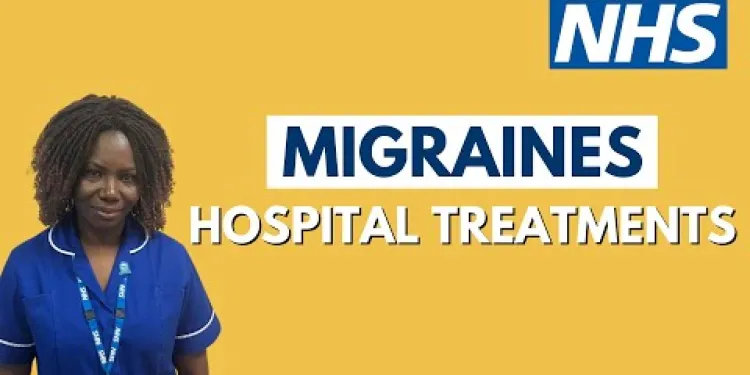
Migraine
Relevance: 100%
-

Migraine
Relevance: 99%
-
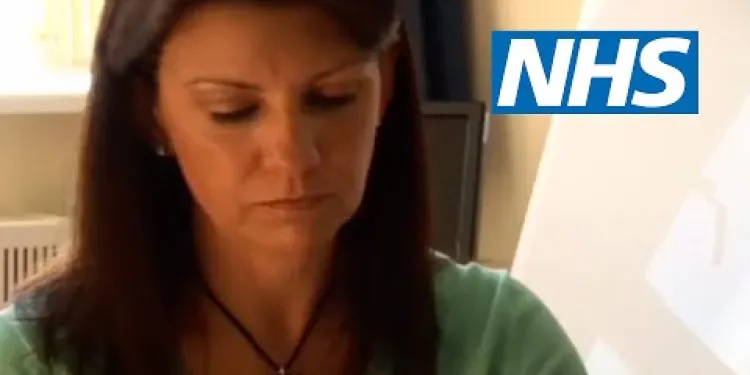
Migraine | NHS
Relevance: 95%
-
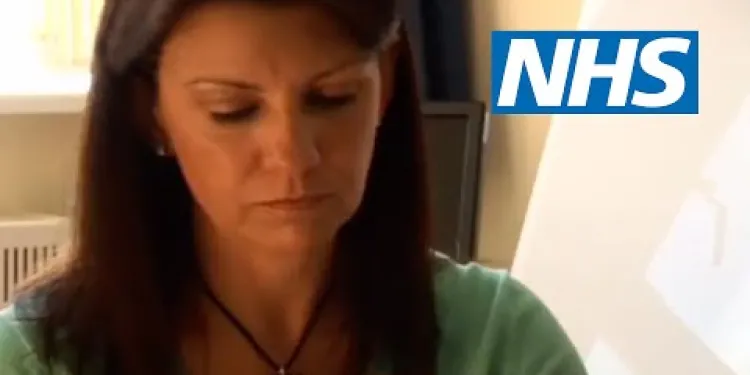
Migraine | NHS
Relevance: 94%
-
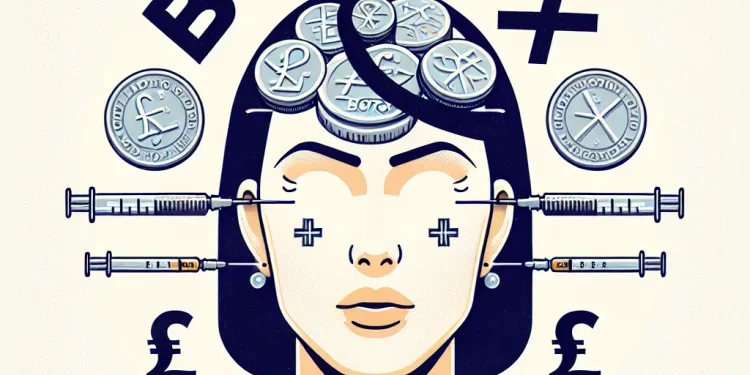
Can Botox be used for migraines?
Relevance: 86%
-

What are migraines and cluster headaches?
Relevance: 85%
-
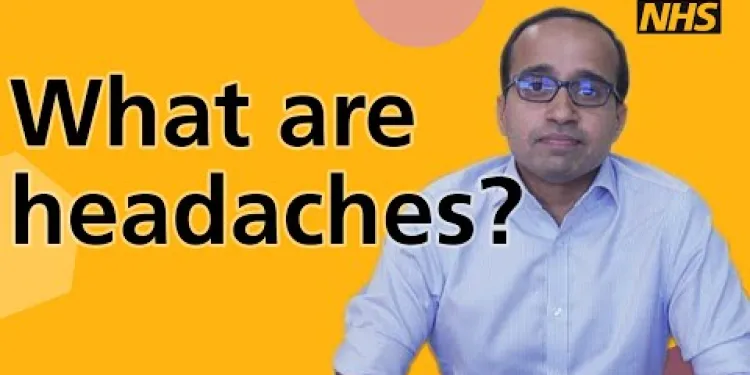
What are headaches?
Relevance: 34%
-

What is Botox used for?
Relevance: 30%
-

Can Botox be used for treating conditions other than wrinkles?
Relevance: 28%
-

What is a common use of paracetamol?
Relevance: 28%
-
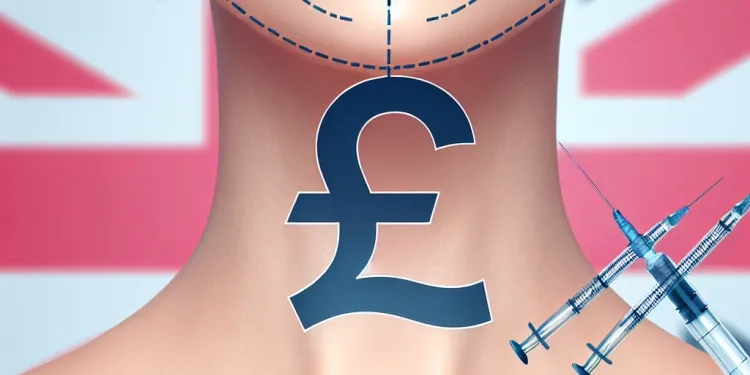
What areas can be treated with Botox?
Relevance: 26%
-

What is Botox?
Relevance: 24%
-
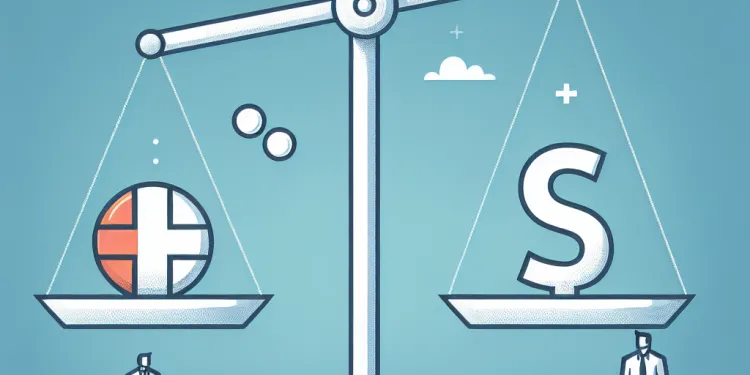
Which one is better for headaches: Aspirin or Paracetamol?
Relevance: 23%
-
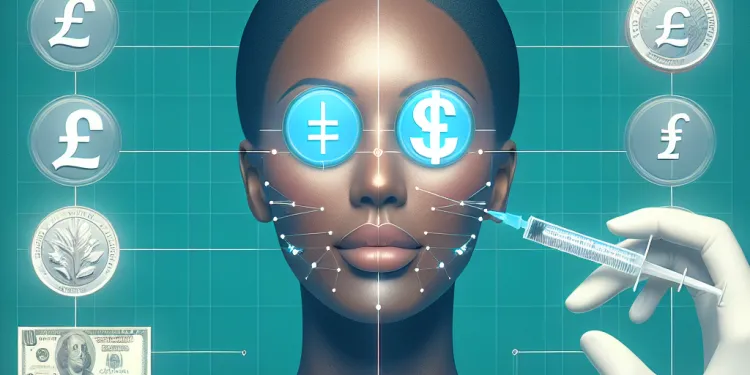
What are the common uses of Botox?
Relevance: 20%
-

How long has Botox been used in medicine?
Relevance: 19%
-
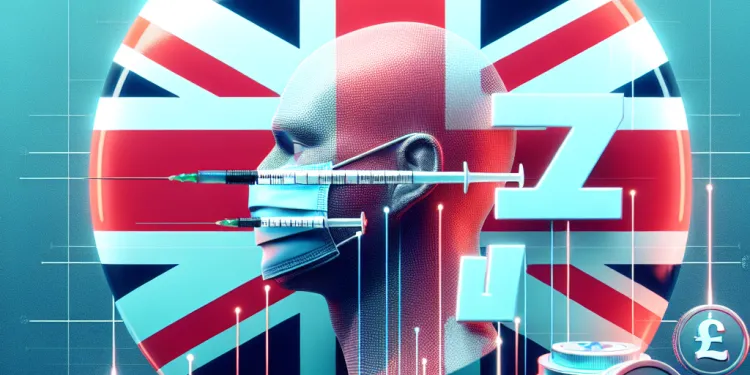
Can I get Botulism from Botox Treatments?
Relevance: 18%
-
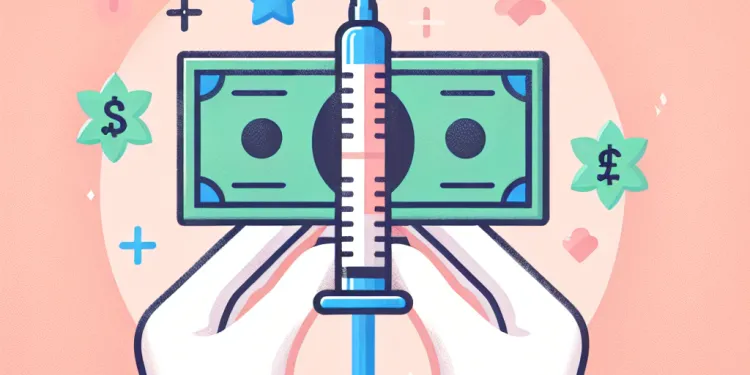
Can anyone get Botox treatments?
Relevance: 18%
-

What is Botox made from?
Relevance: 17%
-

How does Botox work?
Relevance: 17%
-

Is Botox safe?
Relevance: 16%
-

How does Botox work if it's related to botulism toxin?
Relevance: 16%
-

Can Botox cause serious health issues?
Relevance: 16%
-
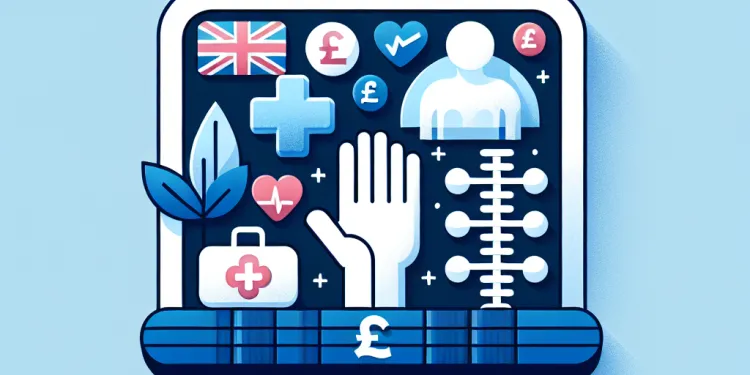
Can chiropractors help with headaches?
Relevance: 15%
-
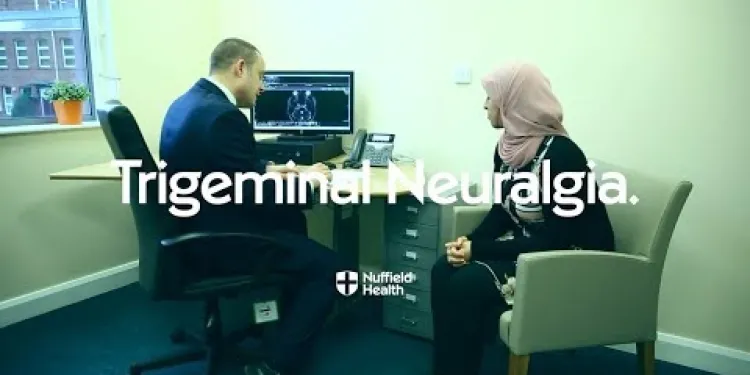
Trigeminal Neuralgia
Relevance: 14%
-
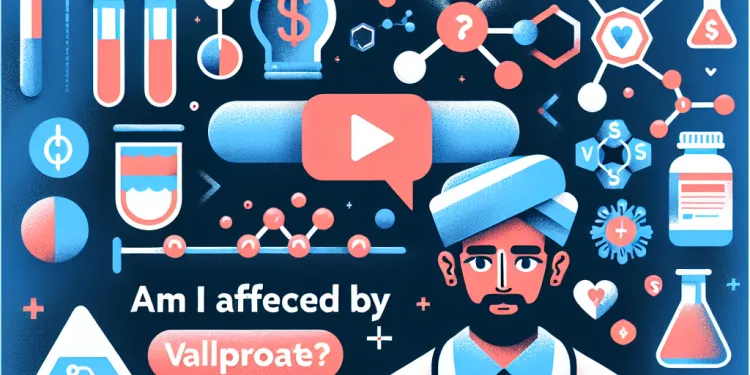
Am I affected by Sodium Valproate?
Relevance: 13%
-

Are there specific medications that can cause tinnitus?
Relevance: 13%
-
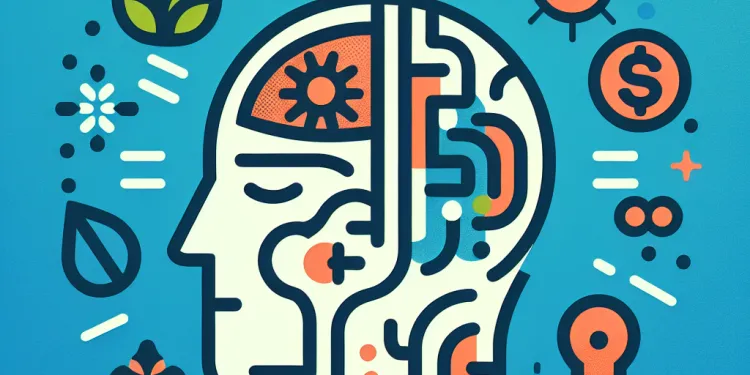
Is headache a symptom of a concussion?
Relevance: 12%
-

What are the uses of cannabis extract?
Relevance: 12%
-
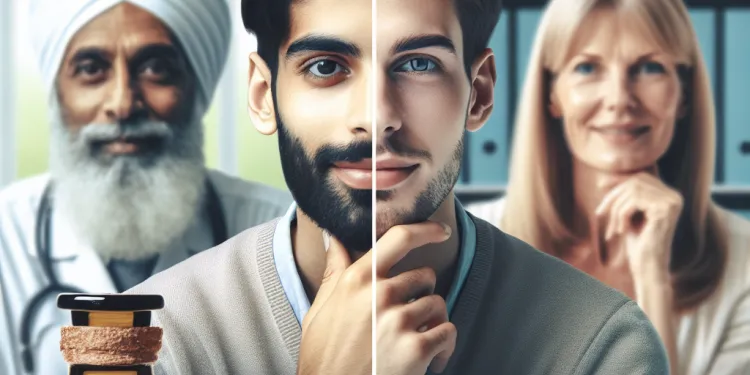
What are some common conditions treated with homeopathy?
Relevance: 12%
-
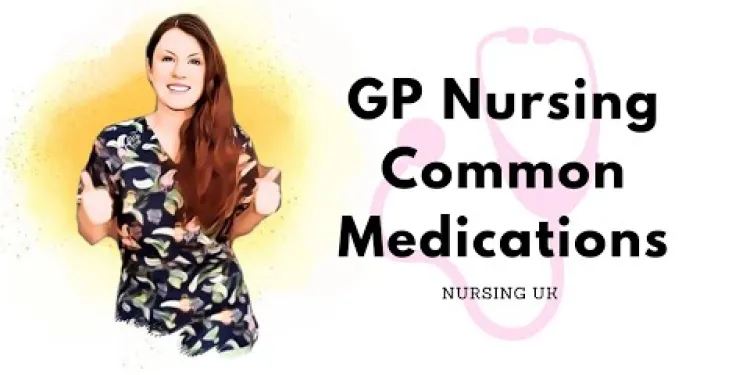
GP Nursing Most Common Medications UK.
Relevance: 12%
-
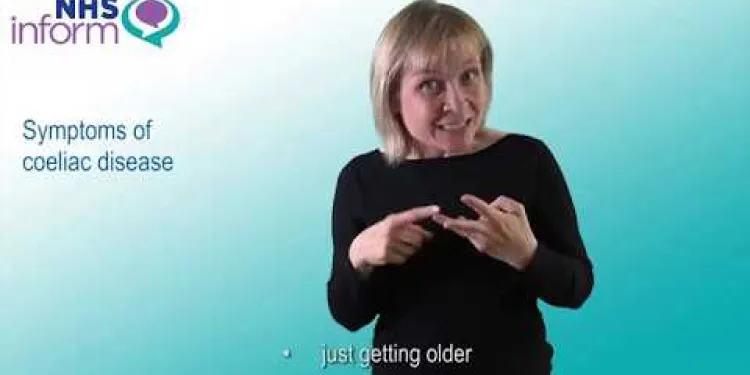
Symptoms of coeliac disease
Relevance: 11%
-

What are the potential benefits of CBD?
Relevance: 11%
-

Are there any long-term effects of using Botox?
Relevance: 10%
-

Who should avoid using caffeine pouches?
Relevance: 10%
-

Can hay fever symptoms mimic other conditions?
Relevance: 10%
-
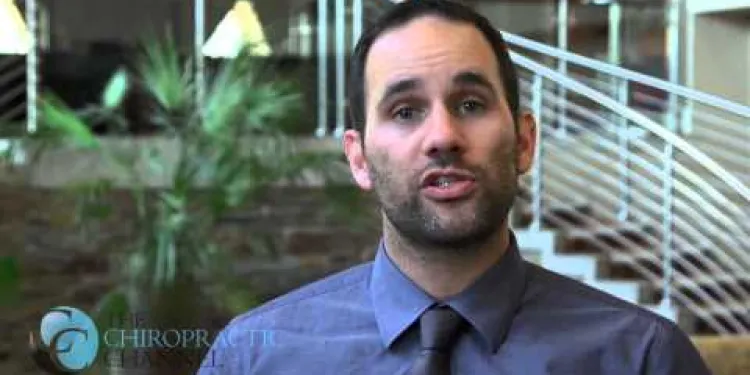
Chiropractic Care on the NHS
Relevance: 7%
-

Who founded homeopathy?
Relevance: 6%
-

Is homeopathy widely used in the UK?
Relevance: 5%
-

Do chiropractors only treat the spine?
Relevance: 5%
-
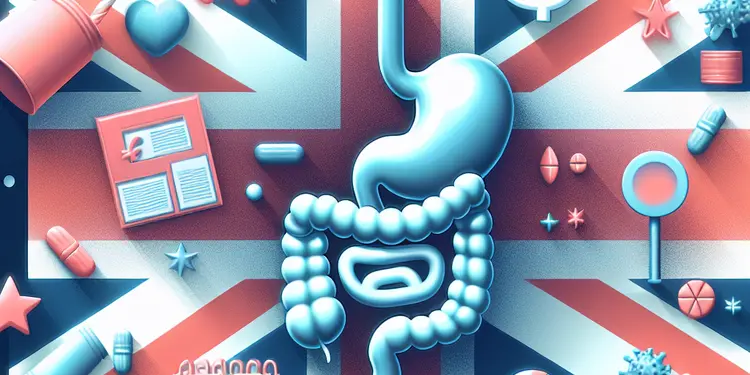
What are some signs of poor gut health?
Relevance: 5%
Migraine: Understanding a Common Neurological Disorder
What is a Migraine?
Migraine is a complex neurological condition characterized by severe headaches and other symptoms. It's more than just a bad headache; it's a sensory disturbance often accompanied by nausea, vomiting, and extreme sensitivity to light and sound. Migraines can last from a few hours to several days, significantly impacting one's quality of life. In the UK, migraines are a prevalent issue, affecting around one in five women and one in every fifteen men.
Causes and Triggers
The exact cause of migraines is not fully understood, but genetic and environmental factors appear to play roles. Certain triggers are commonly associated with migraines, including stress, hormonal changes, certain foods and drinks, lack of sleep, and changes in weather or altitude. Identifying and managing these triggers can be crucial in reducing the frequency and severity of migraine attacks.
Symptoms of Migraine
Symptoms can vary from person to person but often include a throbbing headache on one side of the head, nausea, vomiting, and increased sensitivity to light and sound. Some people experience an aura, characterized by visual disturbances or other neurological symptoms, shortly before the headache begins. Recognising early signs of migraine can help manage and alleviate the attack more effectively.
Treatment and Management
There is no cure for migraine, but a range of treatments is available to help manage the condition. Over-the-counter painkillers, prescription medications such as triptans, and preventive treatments can be used to treat symptoms and reduce the frequency of attacks. In the UK, many individuals also find relief through lifestyle changes, such as regular exercise, a healthy diet, and maintaining a consistent sleep schedule. Cognitive behavioural therapy (CBT) and acupuncture are additional options that have shown effectiveness in some cases.
When to Seek Help
While many migraines can be managed at home, it is important to seek medical advice if the headaches are severe, frequent, or accompanied by unusual symptoms, such as vision loss or difficulty speaking. GP services throughout the UK can provide guidance and refer patients to specialist care if needed. Proper diagnosis and management can significantly improve the quality of life for those suffering from migraines.
Migraine: Understanding a Common Neurological Disorder
What is a Migraine?
A migraine is a bad headache that can make you feel very sick. It is more than just a headache. It can make you feel sick to your stomach, make you throw up, and make you very sensitive to bright lights and loud sounds. Migraines can last a long time, from a few hours to a few days. They can make it hard to do things you enjoy. In the UK, many people get migraines. About one in five women and one in every fifteen men get them.
Causes and Triggers
We do not know exactly why migraines happen, but it seems to be in your genes and affected by things around you. Some things can cause migraines to start. These are called triggers. Stress, changes in hormones, some foods and drinks, not getting enough sleep, and changes in weather or altitude can all trigger migraines. Knowing what your triggers are can help you avoid them and have fewer migraines.
Symptoms of Migraine
Symptoms are the signs that you have a migraine. They can be different for each person. Common symptoms include a pounding headache on one side of your head, feeling sick, throwing up, and being very sensitive to light and sound. Some people see flashing lights or feel strange right before the headache starts. This is called an aura. If you notice these signs early, you can try to stop the migraine from getting worse.
Treatment and Management
There is no cure for migraines, but there are ways to help manage them. Medicines you can buy at the store, stronger medicines a doctor gives you, and other treatments can help. In the UK, people often feel better with lifestyle changes like exercising regularly, eating healthy foods, and going to bed and waking up at the same time every day. Some people also try cognitive behavioural therapy (CBT) or acupuncture, and these can help too.
When to Seek Help
Most of the time, you can manage migraines at home. But if your headaches are very bad, happen often, or come with strange symptoms like losing sight or trouble talking, you should see a doctor. Doctors in the UK can help find out what is wrong and send you to a specialist if needed. Getting the right help can make life better if you suffer from migraines.
Frequently Asked Questions
What are migraines?
Migraines are a type of headache that can cause severe throbbing pain, usually on one side of the head. They may also be accompanied by nausea, vomiting, and sensitivity to light and sound.
What symptoms are common during a migraine attack?
Common symptoms include intense headache pain, nausea, vomiting, sensitivity to light, sound, and sometimes smell, and seeing spots or flashing lights.
How can I tell if I have a migraine or just a headache?
Migraines are usually more severe than regular headaches and can involve additional symptoms like nausea and visual disturbances. They often affect only one side of the head.
What triggers migraines?
Common triggers include stress, hormonal changes, certain foods and drinks (such as caffeine, alcohol, and aged cheese), sleep disturbances, and environmental factors like bright lights.
Are migraines hereditary?
Yes, migraines often run in families, and you are more likely to experience them if you have a close relative with the condition.
What treatments are available for migraines in the UK?
Treatment options include over-the-counter pain relievers, prescription medications, lifestyle changes, and preventative treatments like beta-blockers and certain antidepressants.
When should I see a doctor about my migraines?
You should see a doctor if your migraines are frequent, severe, or not relieved by over-the-counter medications. Also, seek medical advice if your symptoms change or if you experience new symptoms.
Can lifestyle changes help prevent migraines?
Yes, maintaining a regular sleep schedule, managing stress, staying hydrated, and avoiding known triggers can help reduce the frequency and severity of migraines.
What is an aura in relation to migraines?
An aura is a sensory disturbance that can occur before or during a migraine attack. It often involves visual symptoms, such as flashing lights or blind spots, and can also affect other senses.
Are there specific migraine medications available in the UK?
Yes, medications like triptans are specifically designed to treat migraines and are available by prescription in the UK. Over-the-counter medications like ibuprofen and paracetamol can also be used.
Can diet affect migraines?
Certain foods and drinks can trigger migraines. Common culprits include caffeine, alcohol, chocolate, and foods with additives like monosodium glutamate (MSG).
Is it safe to exercise if I have migraines?
Regular, moderate exercise can help reduce the frequency of migraines, but intense physical activity can sometimes trigger attacks. It's important to identify what works best for you.
How long do migraine attacks typically last?
Migraine attacks can last anywhere from a few hours to several days. The duration can vary from person to person and attack to attack.
Can children experience migraines?
Yes, children can experience migraines, and they may have symptoms similar to adults, although younger children might have difficulty describing their symptoms.
What support is available in the UK for migraine sufferers?
Support is available through healthcare providers, local headache clinics, and organizations like The Migraine Trust, which offer resources and community support for those affected.
What are migraines?
Migraines are really bad headaches. They can make your head hurt a lot. Some people feel sick or see bright lights when they have migraines. If you often get migraines, it is a good idea to see a doctor.
Here are some things that can help:
- Rest in a dark, quiet room.
- Put a cool cloth on your head.
- Drink some water.
Migraines are bad headaches. They make your head hurt a lot. The pain is often on one side of your head. You might feel sick to your stomach or throw up. Bright lights and loud noises can bother you too.
Some tools that might help are:
- Wearing sunglasses to block bright lights.
- Listening to soft music to avoid loud sounds.
- Resting in a quiet, dark room until you feel better.
What happens during a migraine?
When you have a migraine, you might:
- Feel a strong headache.
- Feel sick or want to throw up.
- See flashing or zig-zag lights.
- Feel dizzy or like the room is spinning.
- Be very sensitive to light, sounds, or smells.
Here are some ways to help:
- Rest in a quiet, dark room.
- Use a cold cloth on your head.
- Drink water.
- Take deep breaths.
- Ask an adult for medicine if you need it.
People often feel a really bad headache. They might also feel like they want to throw up. Bright lights, loud sounds, and strong smells might bother them. Sometimes, they see spots or flashing lights.
How do I know if I have a migraine or a headache?
Migraines are bad headaches that can be worse than normal headaches. They can make you feel sick and mess with your sight. Usually, they hurt only one side of your head.
What makes migraines start?
Some things can make headaches happen. These things include feeling stressed, changes in your body's hormones, certain foods and drinks (like caffeine, alcohol, and old cheese), not getting enough sleep, and things around you like really bright lights.
Do migraines run in families?
A migraine is a really bad headache. Sometimes, if people in your family get migraines, you might get them too. This means migraines can run in families.
If you want to learn more, you can ask your doctor. You can also use tools like a diary to write down when you get a headache. This can help your doctor understand your headaches better.
Yes, migraines can happen in families. You might get them if someone in your family, like a parent, has them too.
What Can You Do for Migraines in the UK?
Migraines are strong headaches that can make you feel very unwell.
If you have migraines, there are things that can help:
- Medicine: There are pills you can take to help the pain. You need to talk to a doctor.
- Rest: Find a quiet and dark place to rest until you feel better.
- Ice Pack: Put an ice pack or a cool cloth on your forehead to help with the pain.
- Drink Water: Make sure you drink plenty of water.
- Eat Regularly: Don't skip meals. Eat regular and healthy meals.
- Relax: Try deep breathing or gentle exercises like yoga to relax your body.
If you get migraines a lot, talk to a doctor. They can help you find the right treatment.
There are different ways to help with pain. You can use medicine you buy at the store, get a prescription from a doctor, change your daily habits, or take special medicines to stop pain before it starts, like beta-blockers or some antidepressants.
When should I see a doctor about my headaches?
Migraines are strong headaches. You should talk to a doctor if:
- Your headache is very painful.
- Your headache won't go away.
- You get headaches a lot.
- You feel sick and dizzy when you have a headache.
- Light or noise makes your headache worse.
- You have trouble seeing clearly.
It can help to keep a diary of your headaches. Write down when they happen and how they feel. Bring the diary when you see the doctor. They can help you feel better.
See a doctor if your headaches happen a lot, hurt a lot, or if medicine you buy at a store doesn't help. Also, talk to a doctor if your symptoms are different or new.
Can changing how you live stop migraines?
A migraine is a strong headache. It can make you feel sick or sensitive to light.
Here are some tips to help:
- Eat regular meals: Try not to skip meals.
- Get good sleep: Go to bed and wake up at the same time every day.
- Drink water: Stay hydrated by drinking plenty of water.
- Relax: Try deep breathing or listening to music to reduce stress.
These changes might help you get fewer migraines. If you need more help, talk to a doctor.
Yes, keeping a regular sleep routine, managing stress, drinking plenty of water, and staying away from things that can start a migraine can help you have fewer and less painful migraines.
What is an aura when talking about migraines?
Sometimes, people get warning signs before a migraine. These signs are called "aura."
Here are some things that might happen during an aura:
- You might see bright lights or shapes.
- You might have trouble seeing clearly.
- You might feel tingling in your hands or face.
- You might have trouble speaking.
If you think you have a migraine with aura, it can help to rest in a quiet, dark room.
You can also talk to a doctor. They can help you find the right medicine.
An aura is something you might feel or see before or during a migraine headache. It can make you see flashing lights or have spots where you can't see. Sometimes, it can also change how you hear, taste, or feel things.
Can you get special migraine medicines in the UK?
Migraine is a bad headache that makes you feel very sick. In the UK, you can get special medicines to help with migraines. These medicines can stop the pain and help you feel better.
If you have migraines, talk to your doctor. They can help you find the right medicine. You can also use tools like medicine boxes to keep track of when to take your pills.
Yes, there are special medicines called triptans that help with migraines. You need a doctor's note to get these in the UK. You can also use medicines you buy without a doctor's note, like ibuprofen and paracetamol, to help feel better.
Can what you eat cause headaches?
Some foods and drinks can cause headaches called migraines. These foods are:
- Coffee and drinks with caffeine
- Alcohol
- Chocolate
- Foods with stuff added, like MSG
If you get migraines, try not to eat or drink these things. You can also keep a food diary. Write down what you eat and when you get a headache to find the foods that might cause your migraines.
Can I exercise if I get bad headaches?
Doing exercise that is not too hard can help you have fewer headaches. But, if you exercise too hard, it might make a headache start. Try to find out what is best for you.
How long do migraine attacks last?
Migraine attacks can last a few hours or even a few days. How long they last can be different for each person and each attack.
Can children have migraines?
Yes, sometimes children can have bad headaches called migraines. These can make them feel very sick and hurt a lot. It's important to help them feel better.
To support children with migraines, you can:
- Make sure they rest in a quiet, dark room.
- Give them a cool cloth for their head.
- Help them drink water.
- Talk to a doctor if the headaches happen often.
Yes, kids can get migraines. This is a type of headache. The pain is like what grown-ups feel, but it might be hard for young kids to say what hurts.
What help can people in the UK get for migraines?
If you get migraines, there is help for you in the UK. Here are some things you can do or places you can go for support:
- Visit a doctor: They can give you medicine to help with migraines.
- Talk to a nurse: Nurses can give advice on what to do during a migraine.
- Try relaxation: Doing calm activities like deep breathing can help.
- Use a cool cloth: Putting a cool, wet cloth on your head might feel good.
- Join a support group: You can meet other people who have migraines and share tips.
These are some ways to get help with migraines in the UK.
You can get help from doctors, local headache clinics, and groups like The Migraine Trust. They provide resources and a community to support people who have headaches.
Useful Links
This website offers general information and is not a substitute for professional advice.
Always seek guidance from qualified professionals.
If you have any medical concerns or need urgent help, contact a healthcare professional or emergency services immediately.
Some of this content was generated with AI assistance. We’ve done our best to keep it accurate, helpful, and human-friendly.
- Ergsy carfully checks the information in the videos we provide here.
- Videos shown by Youtube after a video has completed, have NOT been reviewed by ERGSY.
- To view, click the arrow in centre of video.
- Most of the videos you find here will have subtitles and/or closed captions available.
- You may need to turn these on, and choose your preferred language.
- Go to the video you'd like to watch.
- If closed captions (CC) are available, settings will be visible on the bottom right of the video player.
- To turn on Captions, click settings .
- To turn off Captions, click settings again.
More Items From Ergsy search
-

Migraine
Relevance: 100%
-

Migraine
Relevance: 99%
-

Migraine | NHS
Relevance: 95%
-

Migraine | NHS
Relevance: 94%
-

Can Botox be used for migraines?
Relevance: 86%
-

What are migraines and cluster headaches?
Relevance: 85%
-

What are headaches?
Relevance: 34%
-

What is Botox used for?
Relevance: 30%
-

Can Botox be used for treating conditions other than wrinkles?
Relevance: 28%
-

What is a common use of paracetamol?
Relevance: 28%
-

What areas can be treated with Botox?
Relevance: 26%
-

What is Botox?
Relevance: 24%
-

Which one is better for headaches: Aspirin or Paracetamol?
Relevance: 23%
-

What are the common uses of Botox?
Relevance: 20%
-

How long has Botox been used in medicine?
Relevance: 19%
-

Can I get Botulism from Botox Treatments?
Relevance: 18%
-

Can anyone get Botox treatments?
Relevance: 18%
-

What is Botox made from?
Relevance: 17%
-

How does Botox work?
Relevance: 17%
-

Is Botox safe?
Relevance: 16%
-

How does Botox work if it's related to botulism toxin?
Relevance: 16%
-

Can Botox cause serious health issues?
Relevance: 16%
-

Can chiropractors help with headaches?
Relevance: 15%
-

Trigeminal Neuralgia
Relevance: 14%
-

Am I affected by Sodium Valproate?
Relevance: 13%
-

Are there specific medications that can cause tinnitus?
Relevance: 13%
-

Is headache a symptom of a concussion?
Relevance: 12%
-

What are the uses of cannabis extract?
Relevance: 12%
-

What are some common conditions treated with homeopathy?
Relevance: 12%
-

GP Nursing Most Common Medications UK.
Relevance: 12%
-

Symptoms of coeliac disease
Relevance: 11%
-

What are the potential benefits of CBD?
Relevance: 11%
-

Are there any long-term effects of using Botox?
Relevance: 10%
-

Who should avoid using caffeine pouches?
Relevance: 10%
-

Can hay fever symptoms mimic other conditions?
Relevance: 10%
-

Chiropractic Care on the NHS
Relevance: 7%
-

Who founded homeopathy?
Relevance: 6%
-

Is homeopathy widely used in the UK?
Relevance: 5%
-

Do chiropractors only treat the spine?
Relevance: 5%
-

What are some signs of poor gut health?
Relevance: 5%


